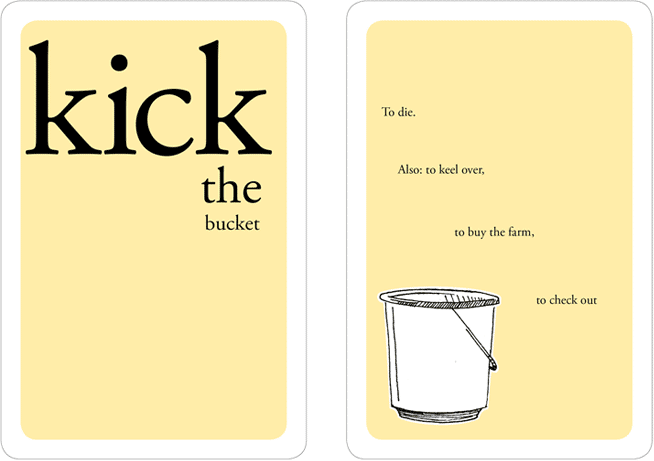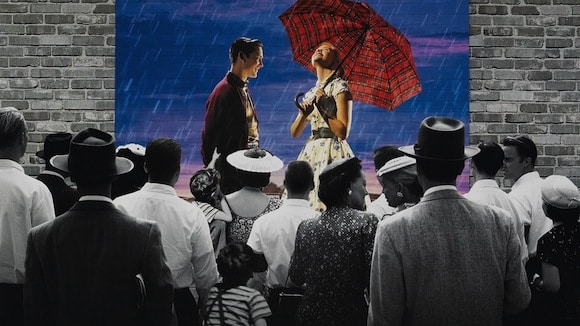
by Liz Bureman |
I was talking to a friend the other night, and somewhere in the conversation we started making guesses about where the rest of our crew was at that point in the night. I started to say, “I assume…” but then I stopped myself and had a second guess moment. “Assume? Presume? Which one is it?” Obviously since we live in the age of smartphones and instant Google, I looked it up. Believe it or not, there is a slight difference, and I’m sharing it with you today.

by Liz Bureman |
Over the weekend, Joe sent me a link to a blog that talks about how students are apparently saying “all of the sudden” instead of “all of a sudden”. Is that a thing? It was actually the first time I’d heard of the words in idioms being switched around. In case there was any confusion, “all of the sudden” is incorrect, “all of a sudden” is correct, and whoever created the idiom made it a completely arbitrary decision.
by Liz Bureman |
I did it. After months of anticipation, it finally happened. This past Sunday night, I watched Sharknado.
Most of you are probably familiar with Sharknado, but if you’re not, get out from under that rock and go look it up on Wikipedia. It’s a SyFy original movie, and the only really important thing you need to know is that a guy chainsaws a shark in half. From the inside. It’s amazing. It’s probably the greatest made-for-TV movie that I’ve ever seen in my life, and I’m not using that much hyperbole.
What’s hyperbole, you ask? Great question.

by Liz Bureman |
We’re all familiar with the term climax in reference to the point of a story where the action has reached its peak, the conflict is at its tensest, and the rest of the plot is a movement towards the resolution.
But did you know that climax also is a figure of speech that you can use in your storytelling?

by Liz Bureman |
There are a few characters that we’re all familiar with in television and literature. Most lawyers are terrible people, the black guy who lightens the mood in a horror movie will die first, the high school head cheerleader will be catty (unless she’s the main character), and any pair of cops will have one who goes by the book and one wild card.
These character archetypes, when they’re not main or central characters, can tell the reader a lot about what type of story to expect. They’re referred to as stock characters.



